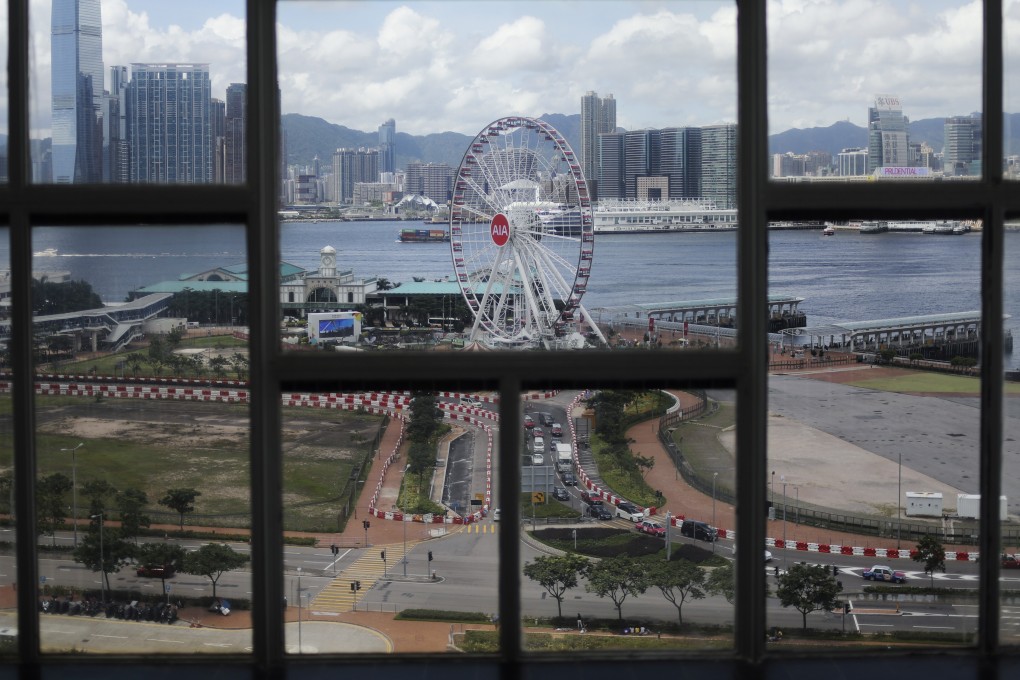Donald Trump’s comments on Xinjiang sanctions combed for clues on US response to Hong Kong security law
- US President Donald Trump says he did not sanction China over detainment camps in Xinjiang because he wanted to protect the phase one trade deal
- Analysts say Trump’s decision to punish Chinese or Hong Kong officials over the national security law will be complicated by trade deal and business interests

In an interview with news outlet Axios published on Monday, Trump said he has not sanctioned China over the persecution of Uygurs and other Muslim minorities in Xinjiang for fear it would torpedo the phase one trade deal.
“And when you’re in the middle of a negotiation and then all of a sudden you start throwing additional sanctions on – we’ve done a lot. I put tariffs on China, which are far worse than any sanction you can think of,” he added.

06:21
Hong Kong and the US: how much do they rely on each other economically?
The calculus on how exactly to deal with Hong Kong will be even more fraught, experts have suggested, given the vested American corporate and financial interests in the commercial hub. Furthermore, as the US election nears, the focus on China’s trade deal-proscribed purchases of farm goods from key battleground states will become sharper.